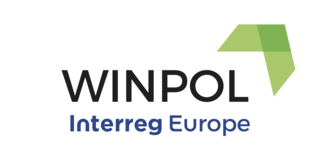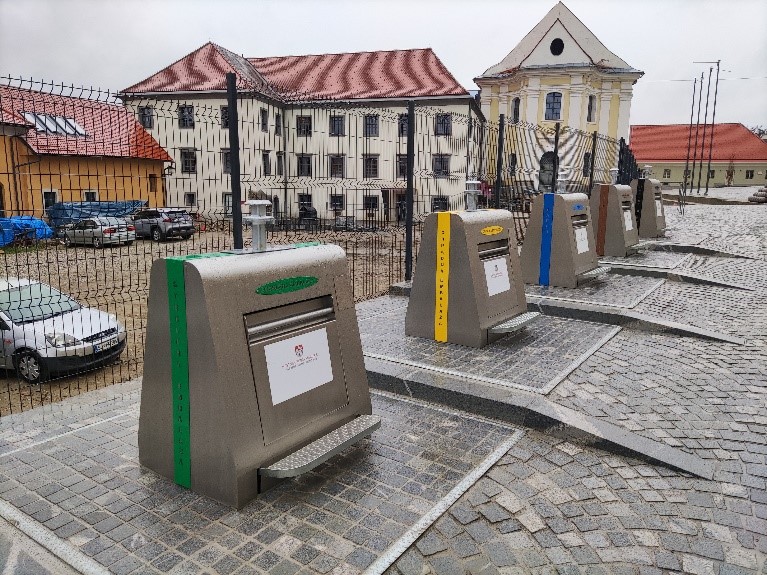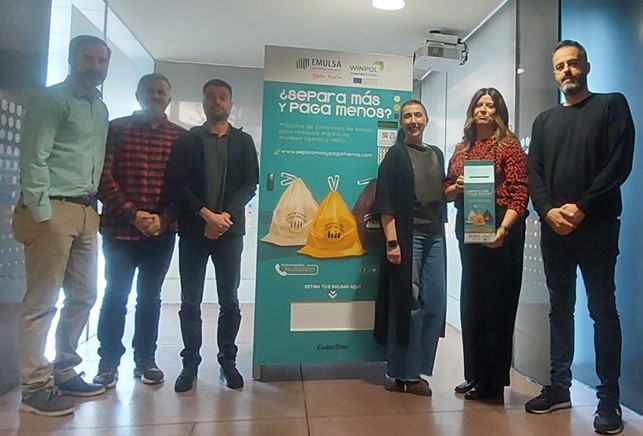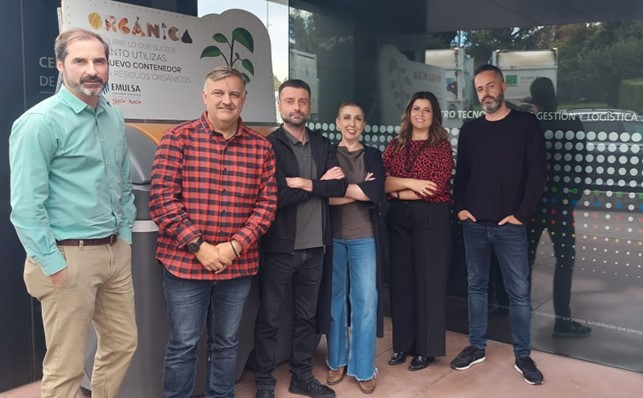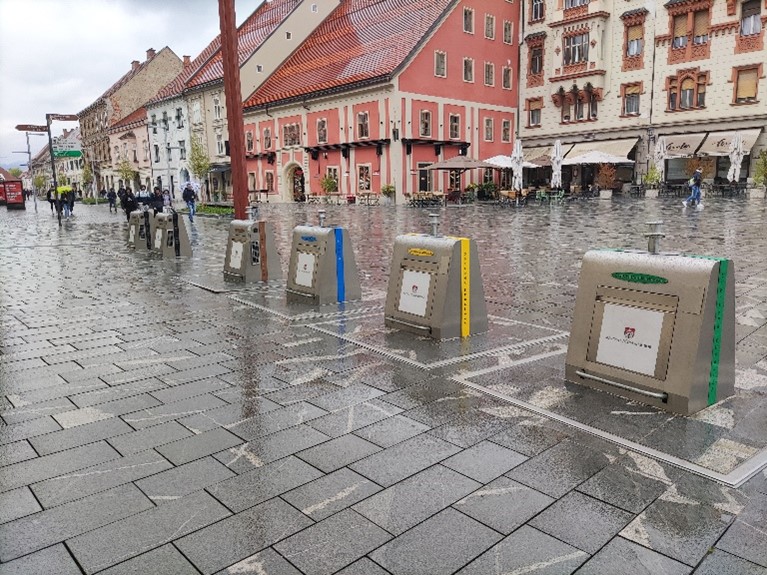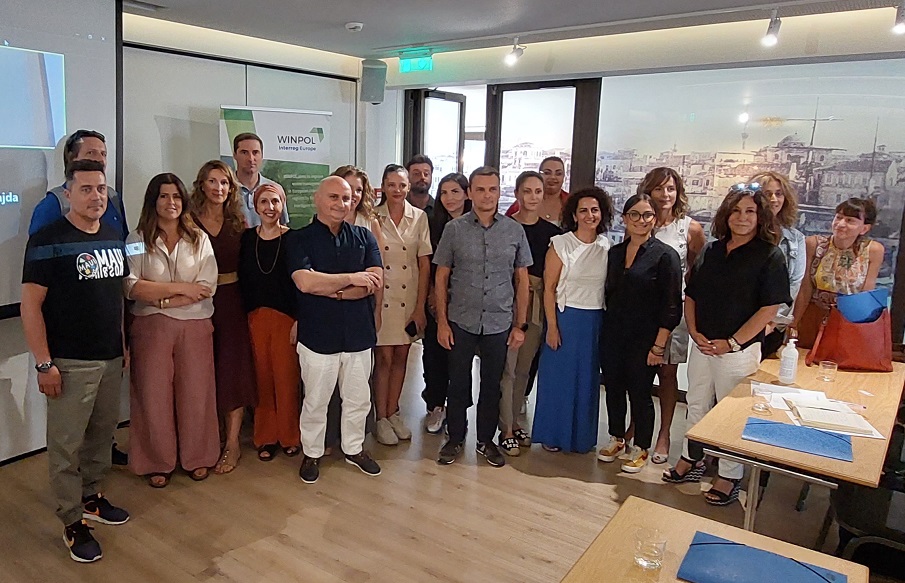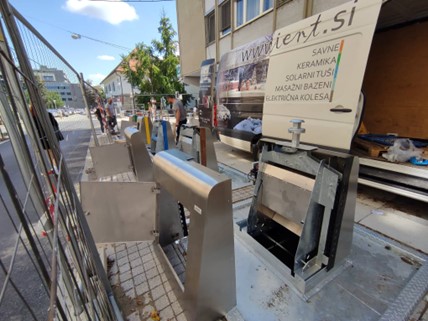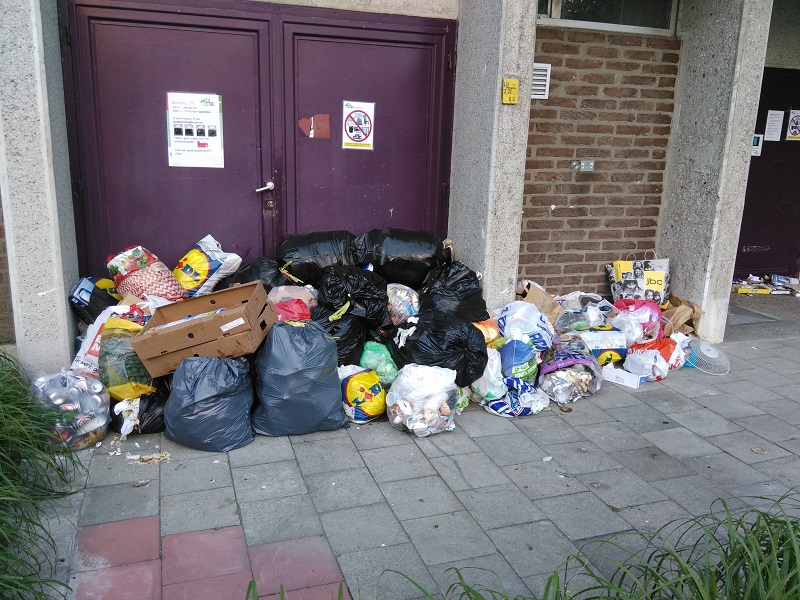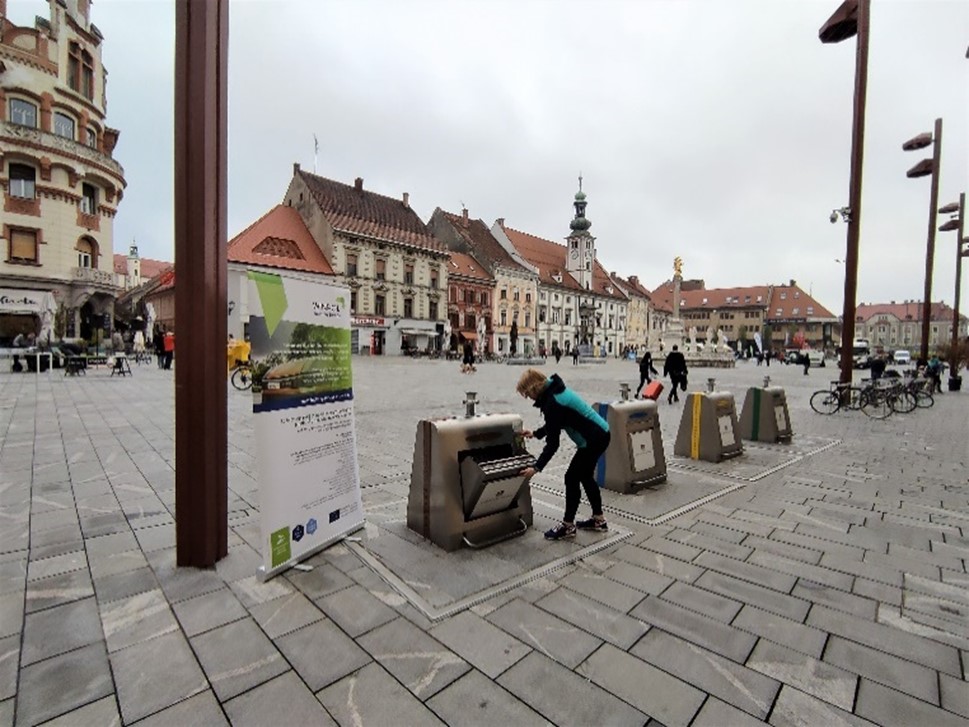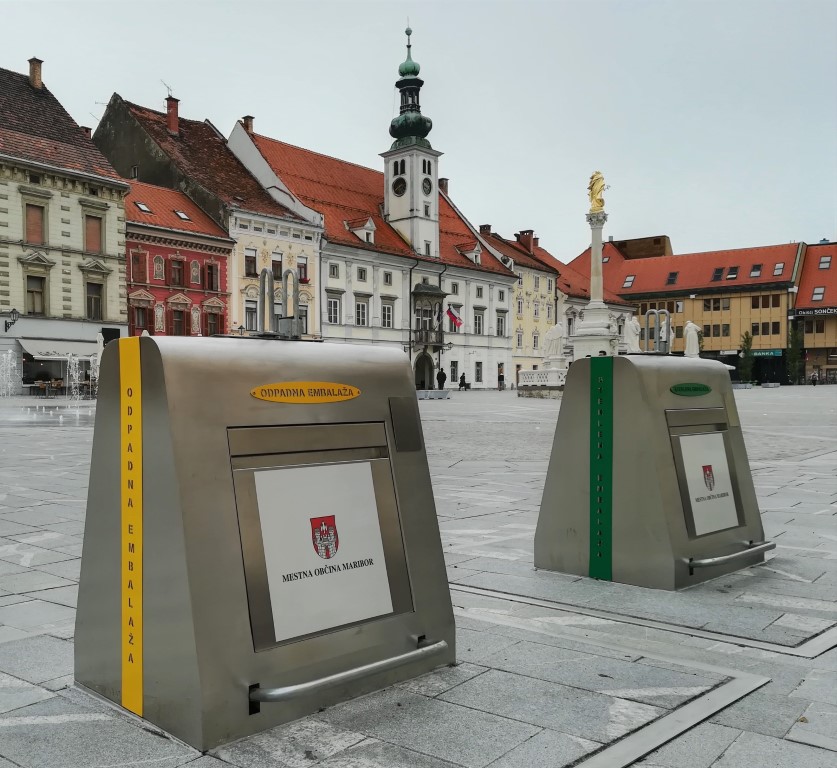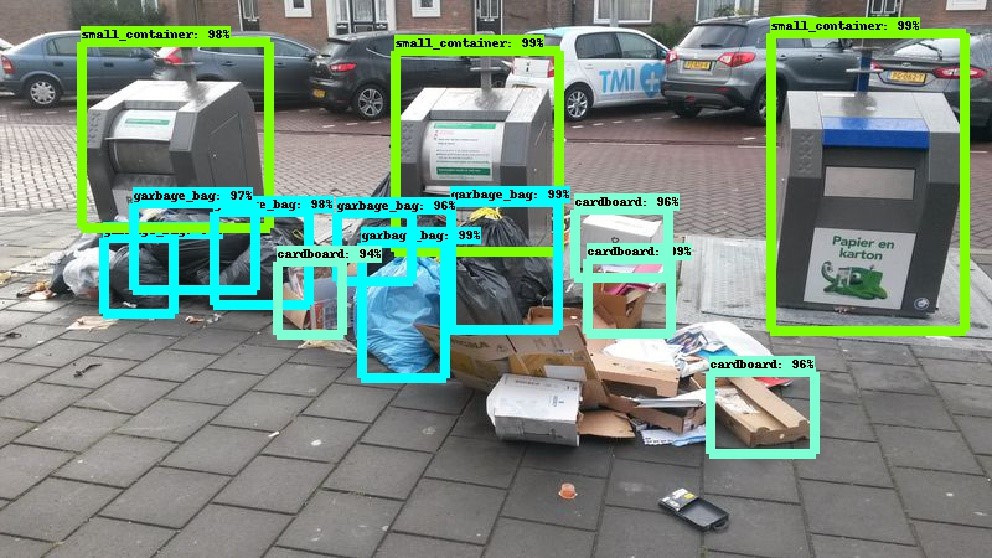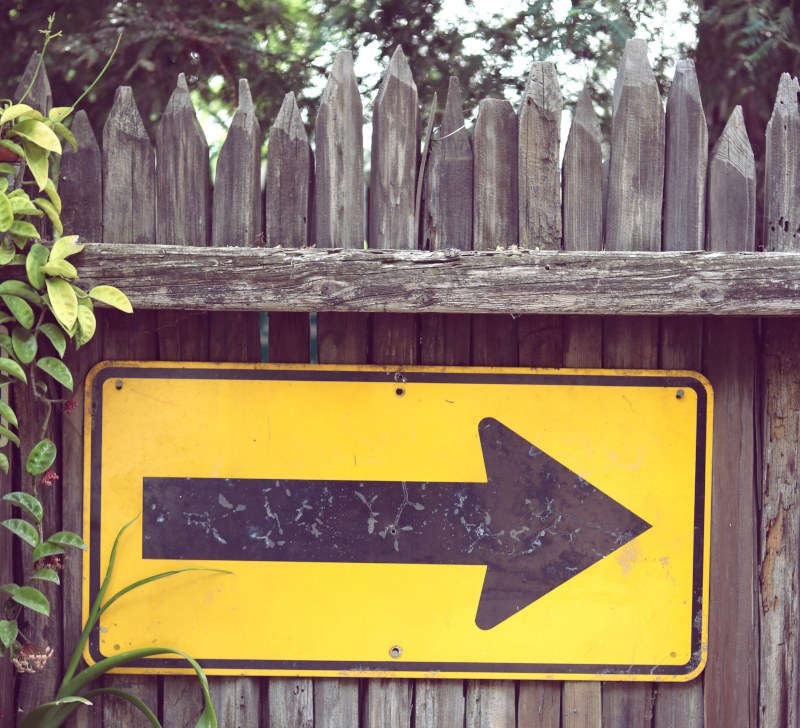The 10 biggest French metropolitan areas gathered on 12-13 March 2019 in Montpellier, on the initiative of CITEO (the French system for sorting and recycling paper and household packaging) to discuss innovation in the field of waste sorting and recycling. Two special invitees joined the fourth edition of the Club des Métropoles conference: the city of Genoa as a front-runner in circular economy and ACR+ to share experiences collected through its participation in projects, especially the WINPOL project, and best-practices from its members.
“In France, the recycling rate for packaging waste by households reaches 68%, which is good but not enough. There are real differences; rural areas are sorting twice as much as cities while it is in cities that the consumption is higher. If a citizen is sorting on average 70kg of waste per year, performances from metropolises are reaching between 30% and 50% of this average”, recalled Jean Hornain, Citeo’s general director.
Thus, despite their efforts and means implemented, urban areas are often the “bad student” in valorising waste. The conference shed lights on various experiences implemented to raise citizen’s awareness regarding sorting and reach a circular economy. Three panels were organised on the following themes:
- Innovation in the design phase of products;
- Inspiring cities;
- Engaging citizens to improve recycling performances.
In particular, it was shown that the use of smart technologies can help improving performances. To prove this point, Citeo had invited ACR+ to present the WINPOL project during the second panel entitled “For innovative metropolises: smart city, data and citizens' participation in the waste management”. In addition to the aims, objectives and planned activities of the project, participants discovered three ways of using innovative technologies to improve performances. First, new technologies and big data can be used to collect and make good use of relevant information. Technologies are also used in some cities to implement innovative models of waste collection, prevention and recycling. Last but not least, smart technologies are key to efficient pay-as-you-throw systems.
